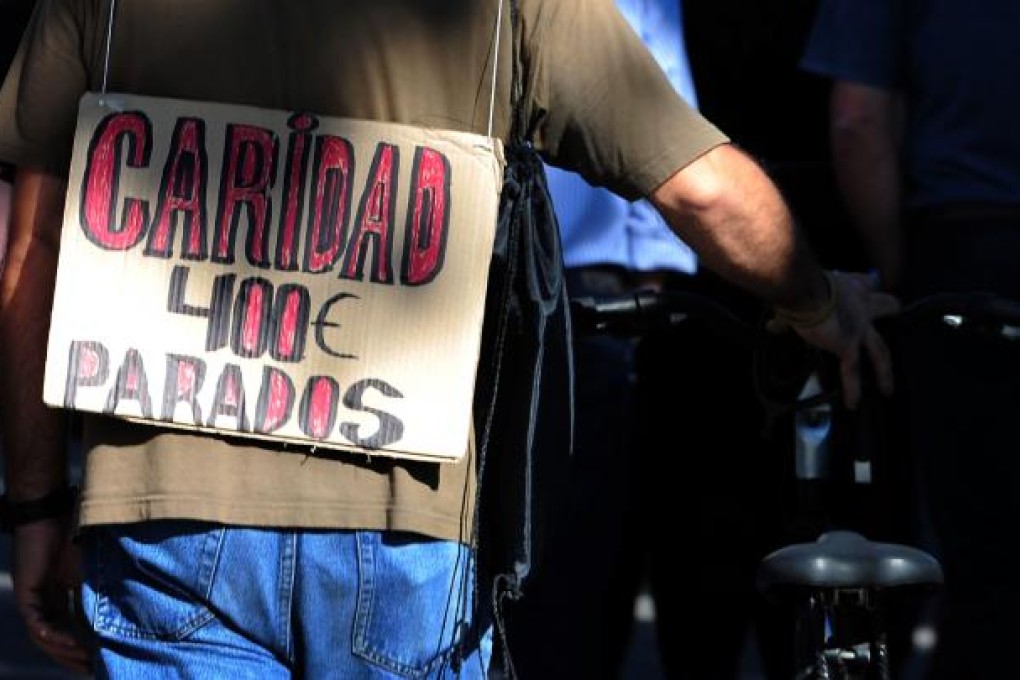
Spain’s faces a pivotal moment on Thursday in its agonising journey towards a sovereign bailout, now seen as inevitable by the markets.
But the big test is probably not a closely watched Spanish bond auction, nor even a visit to Madrid by the eurozone’s most powerful player, German Chancellor Angela Merkel.
Rather, it likely to be an event over which Spain has no control: a European Central Bank meeting in Frankfurt expected to set out how it may buy stricken eurozone nations’ government bonds.
ECB president Mario Draghi said last month that it would buy enough bonds on the open market to attack the “financial fragmentation” that, for example, sent Spain’s borrowing costs soaring while Germany’s slid to rock-bottom.
There is a key condition, however: first, the governments who want help must apply formally to the eurozone’s bailout funds and submit to their strict conditions.
Draghi vowed to design the mechanism “over coming weeks,” leading to expectations that the details will be ready for the September 6 ECB meeting, after which he will address the press.